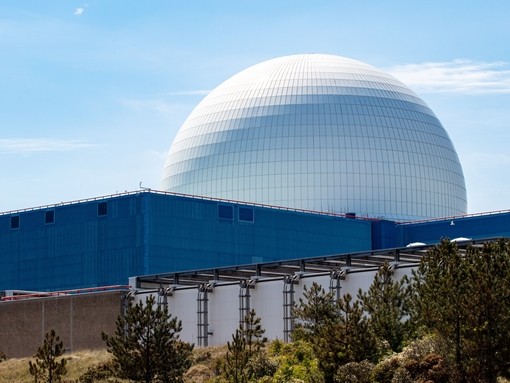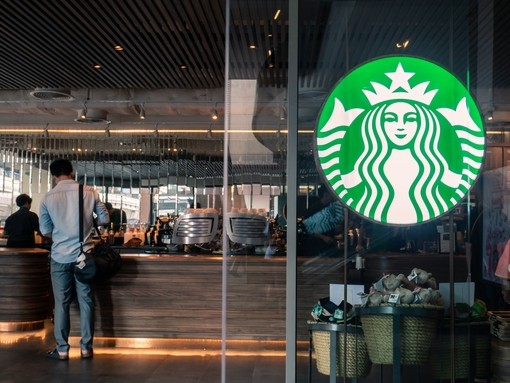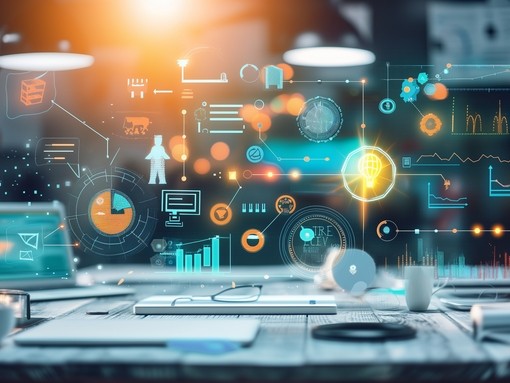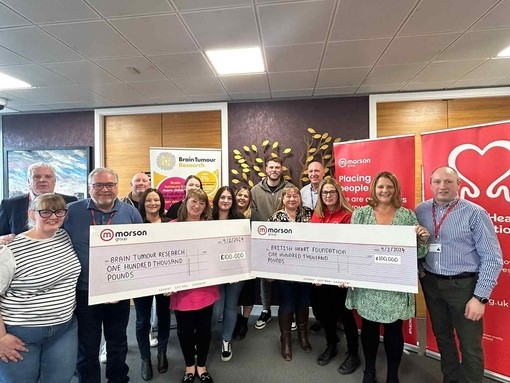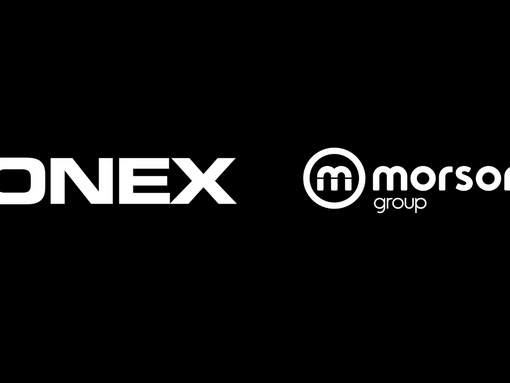
Age: It’s more than just a number. The power of a multi-generational nuclear workforce
In today’s dynamic work environment, the nuclear industry is witnessing a significant transformation. This transformation is not just technological but also generational. The modern nuclear workforce is increasingly becoming multi-generational, a development that presents both challenges and opportunities in the workforce.

We recognise the great value that a diverse, multi-generational workforce brings to the nuclear sector. Understanding and leveraging this diversity can lead to enhanced innovation, productivity and a robust talent pipeline for the future.
The Demographics of the Nuclear Workforce
The nuclear industry, like many others, is experiencing a shift in its workforce demographics. Baby Boomers, Gen Xers, Millennials, and Gen Z are now working side by side. Each generation brings its unique perspectives, skills and experiences to the table, creating a multitude of talent.
- Baby Boomers (born 1946-1964): With decades of experience, Baby Boomers offer deep industry knowledge, mentorship and a strong work ethic. Their commitment and loyalty are invaluable assets.
- Generation X (born 1965-1980): Often seen as the bridge between the old and the new, Gen Xers combine practical experience with adaptability. They are known for their problem-solving skills and independence.
- Millennials (born 1981-1996): Tech-savvy and innovative, Millennials are driving digital transformation within the industry. They value collaboration, continuous learning and work-life balance.
- Generation Z (born 1997 and onwards): The newest entrants to the workforce, Gen Z brings fresh perspectives, digital fluency and a strong desire for purposeful work. They are quick learners and highly adaptable.
The Power of Multi-Generational Collaboration
Harnessing the strengths of a multi-generational workforce can lead to significant competitive advantages. Here’s how:
- Innovation Through Diversity: Different generations bring varied viewpoints and experiences, creating a culture of innovation. When these diverse perspectives work together, they can lead to groundbreaking solutions and advancements in nuclear technology.
- Knowledge Transfer and Mentorship: A multi-generational workforce allows for the seamless transfer of knowledge. Experienced Baby Boomers and Gen Xers can mentor Millennials and Gen Z, passing on critical industry insights and skills. Conversely, younger generations can share their digital expertise and innovative approaches, creating a mutual learning environment.
- Enhanced Problem-Solving: Diverse teams are better at problem-solving. Each generation approaches challenges differently and when combined, these approaches can lead to more effective and comprehensive solutions. This is particularly crucial in the nuclear industry, where safety and precision are paramount.
- Improved Employee Engagement and Retention: When employees feel valued and understood, they are more engaged and likely to stay with the company. By recognising and catering to the unique needs and preferences of each generation, employers can create a more inclusive and satisfying work environment.
- Building a Resilient Talent Pipeline: A multi-generational workforce ensures a continuous flow of talent. As older employees retire, younger ones are prepared to step into their roles, ensuring business continuity and resilience.
Strategies for Fostering a Multi-Generational Workforce
We believe in proactive strategies to foster and harness the power of a multi-generational workforce. Here are some best practices:
- Inclusive Recruitment: We ensure that our recruitment processes are inclusive and unbiased, attracting talent from all age groups. This includes using diverse channels for job postings, highlighting our commitment to diversity and providing flexible working options.
- Continuous Learning and Development: Offering training and development programs that cater to different learning styles and career stages is crucial. This helps employees from all generations to continuously upgrade their skills and stay relevant.
- Flexible Work Arrangements: Flexibility in work hours and locations can accommodate the varying needs of different generations. For instance, Baby Boomers might appreciate phased retirement options, while Millennials and Gen Z might value remote working opportunities.
- Creating Cross-Generational Teams: Encouraging collaboration through cross-generational teams can facilitate knowledge sharing and innovation. This also helps in breaking down stereotypes and fostering mutual respect.
- Recognition and Reward Systems: Tailoring recognition and reward systems to cater to the preferences of different generations can boost motivation and satisfaction. While traditional bonuses might appeal to older generations, younger employees might prefer experiences or development opportunities.
Age is more than just a number
In the nuclear industry, a multi-generational workforce is not just a reality but a strength. At Morson, we are committed to embracing this diversity and turning it into a strategic advantage. By leveraging the unique strengths of each generation, we can drive innovation, enhance productivity and build a resilient workforce for the future.
Want to read more about the Nuclear workforce? Click here!





